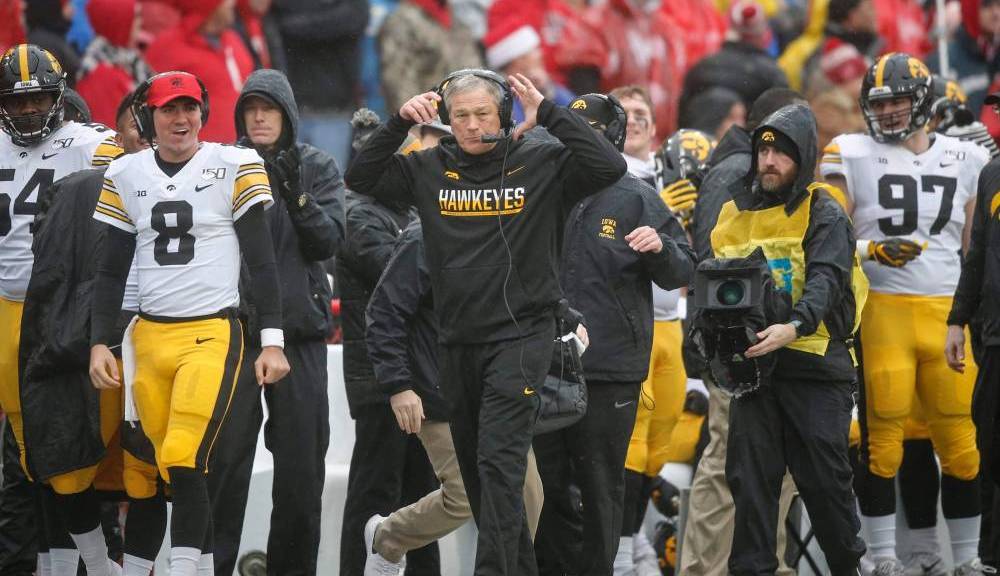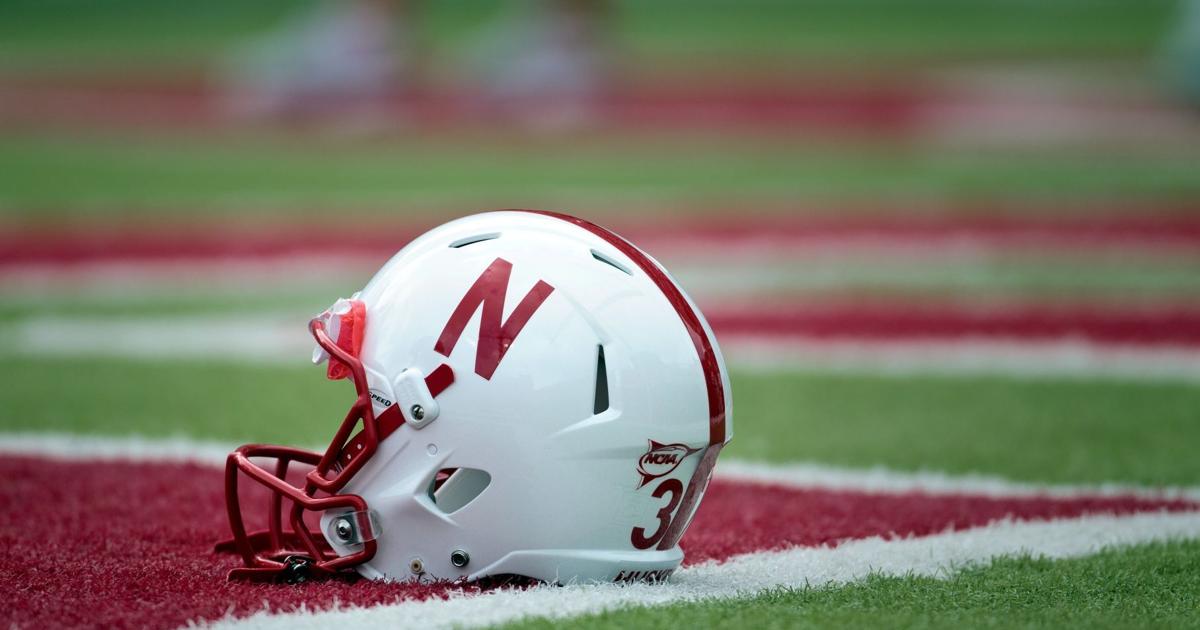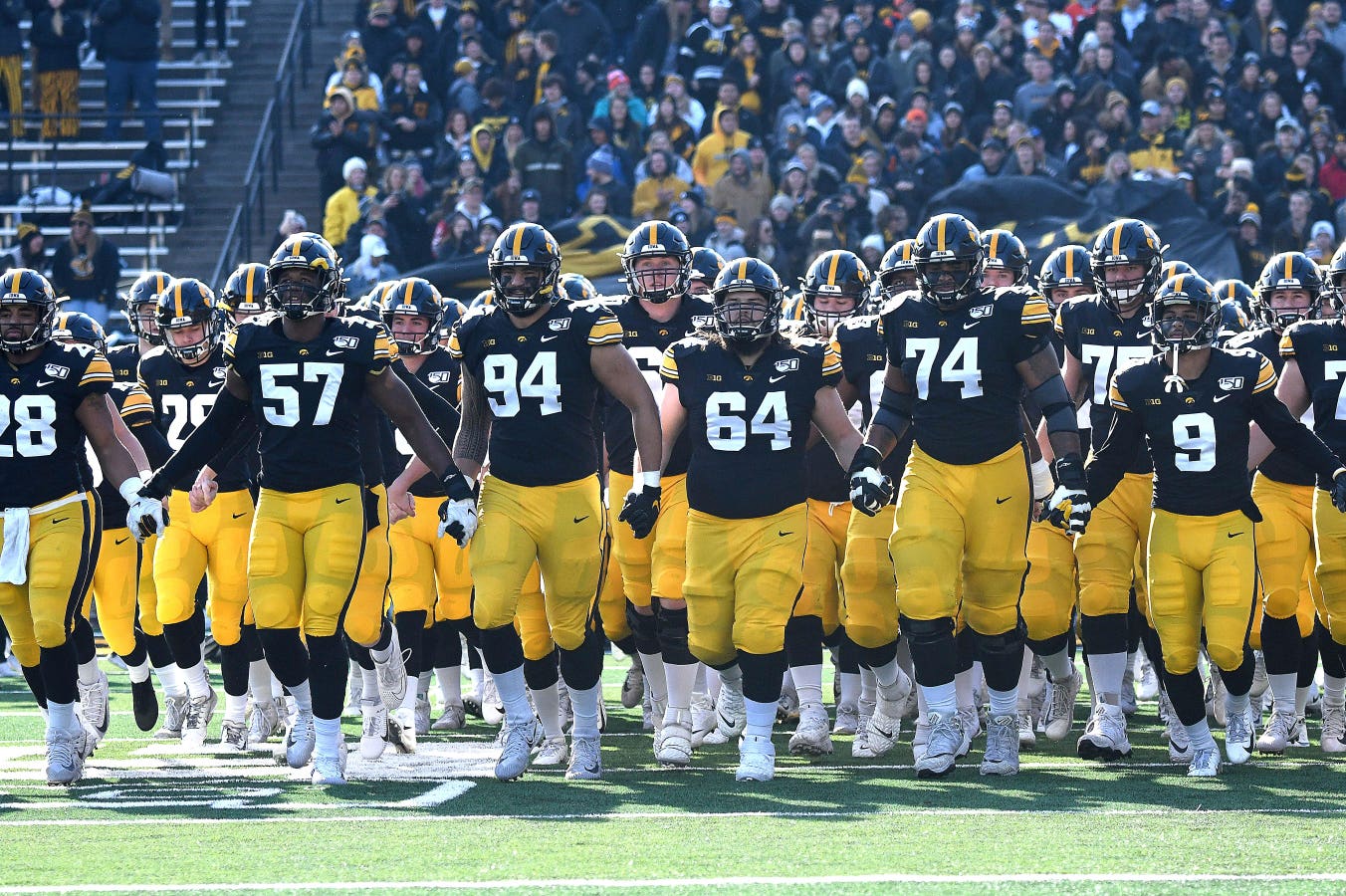John While I agree with some of this, there was a great piece on the public university “business model” recently that I read. The New Yorker I think but could have been the Times. Most public universities were already under funded relative to where they where prior to the 2008 recession. As a result they have been operating based on unsustainable models for a while. Federal funds that go to students through such things as PELL grants and various student loans, and by increasing the numbers of non-state and international students who can pay full freight. And on Top of that over the past few decades universities have felt the need to add fairly expensive “fun” elements, gyms in dorms, apartments with all the amenities rather than double dorm rooms, movie Theaters and malls on campus. Recruiting students has become an industry that didn’t exist 20 years ago. And since no one focuses on education, after all most first time consumers are 18-19, faculty are no longer full time tenured professors but adjuncts. The makeup has gone from 70-30 to 45-55 full time to adjunct since the early 2000s. Now Covid 19 hits an the income side takes a huge hit, the schools have Fixed costs of these facilities and fewer students, thus fewer federal dollars since that money goes with the student. Despite their arrogance and supposed independence athletic departments are part of the larger institution so they are getting hit by both losses of their traditional income, tickets, tv , and getting hit by the same losses at the institutional level. They really couldn’t plan for that. UNC for example, or Michigan State face huge losses in covering the operating costs for everything from dorms to gyms to losses of literally millions in parking ticket revenue. Athletic departments have really just mirrored the activities of the larger universities building practice facilities with tons of amenities because you know football players and basketball players can’t possibly lift the same weights and need their own lazy rivers...now they have to carry those costs without the revenues just like their institutions.




